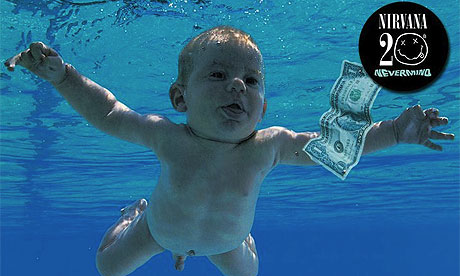Two memorial services for the victims of last week's terror attacks in Norway are being held as the Norwegian man who confessed to the killings faces a second round of questioning by police.
The Norwegian prime minister, Jens Stoltenberg, has urged his country to show unity at the services in the face of the attacks – a bombing in Oslo and a shooting rampage at a youth camp on Utøya island – in which 76 people died.
Norway's police chief of staff, Johan Fredriksen, said that all the dead had now been identified and that those who had been reported missing were accounted for.
One of the memorial services is being hosted by Stolenberg's governing Labour party, while the other is taking place at a mosque in Oslo. The first funerals are also being held.
The Norwegian news agency NTB said suspect Anders Behring Breivik was transported to police headquarters in Oslo for a second session of questioning.
Investigators believe the 32-year-old acted alone, after years of meticulous planning, and have not found anything to support his claims of being part of an anti-Muslim militant network plotting a series of attacks across Europe.
Breivik was questioned for seven hours on Saturday, the day after the twin attacks, which targeted the government district of Oslo and a Labor party youth camp.
He admitted carrying out the attacks but has pleaded not guilty to terror charges, saying he is in a "state of war", according to his lawyer and police.
Police have charged Breivik with terrorism, which carries a maximum sentence of 21 years in prison. However, it is possible the charge will change during the investigation to crimes against humanity, which carries a 30-year sentence, Norway's leading prosecutor, Tor-Aksel Busch, told the Associated Press.
"Such charges will be considered when the entire police investigation has been finalised," he said. "It is an extensive investigation. We will charge Breivik for each individual killing."
A formal indictment is not expected until next year, he added.
taken from http://www.guardian.co.uk/world/2011/jul/29/norway-attacks-memorial-services-victims
The Norwegian prime minister, Jens Stoltenberg, has urged his country to show unity at the services in the face of the attacks – a bombing in Oslo and a shooting rampage at a youth camp on Utøya island – in which 76 people died.
Norway's police chief of staff, Johan Fredriksen, said that all the dead had now been identified and that those who had been reported missing were accounted for.
One of the memorial services is being hosted by Stolenberg's governing Labour party, while the other is taking place at a mosque in Oslo. The first funerals are also being held.
The Norwegian news agency NTB said suspect Anders Behring Breivik was transported to police headquarters in Oslo for a second session of questioning.
Investigators believe the 32-year-old acted alone, after years of meticulous planning, and have not found anything to support his claims of being part of an anti-Muslim militant network plotting a series of attacks across Europe.
Breivik was questioned for seven hours on Saturday, the day after the twin attacks, which targeted the government district of Oslo and a Labor party youth camp.
He admitted carrying out the attacks but has pleaded not guilty to terror charges, saying he is in a "state of war", according to his lawyer and police.
Police have charged Breivik with terrorism, which carries a maximum sentence of 21 years in prison. However, it is possible the charge will change during the investigation to crimes against humanity, which carries a 30-year sentence, Norway's leading prosecutor, Tor-Aksel Busch, told the Associated Press.
"Such charges will be considered when the entire police investigation has been finalised," he said. "It is an extensive investigation. We will charge Breivik for each individual killing."
A formal indictment is not expected until next year, he added.
taken from http://www.guardian.co.uk/world/2011/jul/29/norway-attacks-memorial-services-victims














